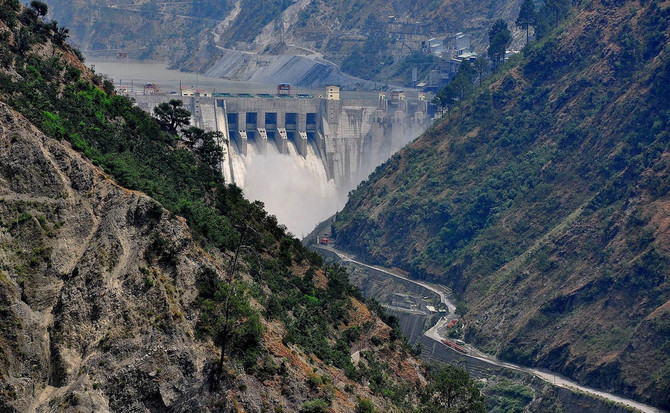Sindh Irrigation Minister Jam Khan Shoro criticized the triangular formula introduced during General Pervez Musharraf’s era, asserting that it had no connection to the 1991 water agreement.
He highlighted former President Pervez Musharraf’s past statement endorsing the construction of the Kala Bagh Dam, questioning the feasibility of such a project given the current water scarcity.
“The idea of building the Kalabagh Dam is impractical when there is insufficient water,” Shoro emphasized, underscoring Sindh’s opposition to Musharraf’s proposal.
Discussing the impact of infrastructure projects on Sindh’s water resources, Minister Shoro pointed to the Left Bank Outfall Drain (LBOD), which he claimed altered the natural flow of water in the region. He cited significant damage caused by more than 3,500 breaches during the 2022 floods, attributing these issues to flawed water management practices.
Furthermore, Shoro criticized the implementation of the 1991 water agreement, suggesting that its provisions had not been adequately upheld. He traced Sindh’s historical separation from Bombay in 1937 and asserted that water distribution between Sindh and Punjab was originally based on equitable principles. He lamented that Punjab’s rivers had been diverted for use by India, necessitating the construction of reservoirs to regulate water distribution.
Shoro also criticized the Indus River System Authority (IRSA), claiming it had failed to effectively manage water resources over the years.
He concluded by highlighting the need for equitable water distribution policies that prioritize the needs of all provinces, particularly Sindh, amidst ongoing challenges and disputes over water management in Pakistan.










